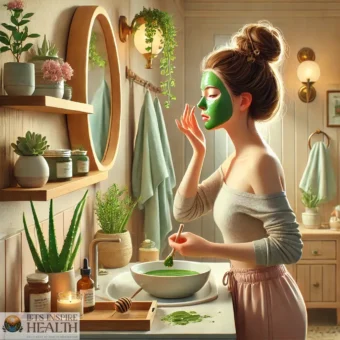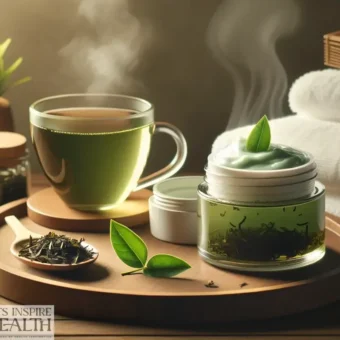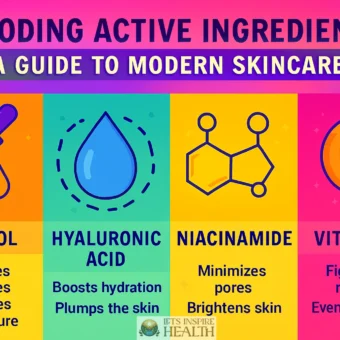Why Is Rice Water the New Skin Care Obsession?
What if the key to glowing, youthful skin was sitting in your kitchen all along? Rice water—a simple, ancient beauty remedy—has been taking the skincare world by storm. With roots in East Asian cultures, this natural elixir offers a host of benefits that can rival even high-end skincare products.
Let’s dive into how rice water can transform your skin and how you can incorporate it into your routine today.
The Nutritional Power of Rice Water
Rice water is the starchy liquid left after soaking or cooking rice. Packed with vitamins, minerals, and antioxidants, it’s a natural powerhouse for your skin.
Key Nutrients in Rice Water:
- Amino Acids: Boost skin repair and hydration
- Vitamin E: Enhances skin elasticity
- B Vitamins: Promote radiance and skin tone
- Ferulic Acid: Acts as an antioxidant
Real-World Example
Japanese women have been using rice water for centuries as a secret weapon for porcelain-like skin. Their traditional beauty routines heavily feature rice water for cleansing and toning.
Top 5 Benefits of Using Rice Water for Skin
1. Hydrates and Softens Skin
Rice water acts as a natural moisturizer, locking in hydration for a supple and smooth complexion.
Pro Tip: Use rice water as a face mist throughout the day for an instant hydration boost.
2. Brightens Skin Tone
Rich in vitamins and antioxidants, rice water helps reduce dark spots and hyperpigmentation, leaving your skin luminous.
3. Reduces Redness and Irritation
Its anti-inflammatory properties soothe sensitive or acne-prone skin, calming redness and irritation effectively.
4. Enhances Elasticity
Rice water’s amino acids support collagen production, keeping your skin firm and youthful.
5. Helps Combat Acne
By controlling excess oil and tightening pores, rice water can reduce acne breakouts over time.
How to Make Rice Water at Home
Crafting rice water is incredibly simple and budget-friendly. Here are two easy methods:
Method 1: Soaking
- Rinse ½ cup of rice to remove impurities.
- Add the rice to 2 cups of water and let it soak for 30 minutes.
- Strain the water into a clean container.
Method 2: Boiling
- Cook rice as you normally would.
- Strain the excess water into a bowl before serving the rice.
- Let the water cool before using.
How to Use Rice Water in Your Skincare Routine
1. As a Cleanser
Gently massage rice water onto your face, then rinse with lukewarm water.
2. As a Toner
Apply rice water with a cotton pad after cleansing to balance your skin’s pH and tighten pores.
3. As a Mask
Mix rice water with gram flour to create a paste. Apply it to your face, let it sit for 15 minutes, and rinse off.
Rice Water vs. Commercial Products: A Quick Comparison
| Feature | Rice Water | Commercial Products |
| Cost | Low | Moderate to High |
| Natural Ingredients | 100% natural | Often includes chemicals |
| Ease of Use | Requires DIY preparation | Ready-to-use |
Are There Any Downsides to Rice Water?
Pros:
- Affordable and natural
- No harsh chemicals
- Suitable for most skin types
Cons:
- Requires proper storage (lasts 5-7 days in the fridge)
- Overuse may dry out sensitive skin
Quick Checklist: Dos and Don’ts
Dos:
- Patch test before using
- Use freshly prepared rice water for maximum benefits
- Refrigerate for longevity
Don’ts:
- Avoid applying to broken skin
- Don’t use too frequently if you have very dry skin
Conclusion: Let Rice Water Work Its Magic
Incorporating rice water into your skincare routine can be a game-changer for your skin. From hydration to brightening, this natural remedy is a versatile, budget-friendly solution for healthier skin. Give it a try and see the difference for yourself!
Disclaimer: This article is for informational purposes only and is not a substitute for professional medical advice. If you have specific skin concerns or allergies, consult a dermatologist before using rice water.





